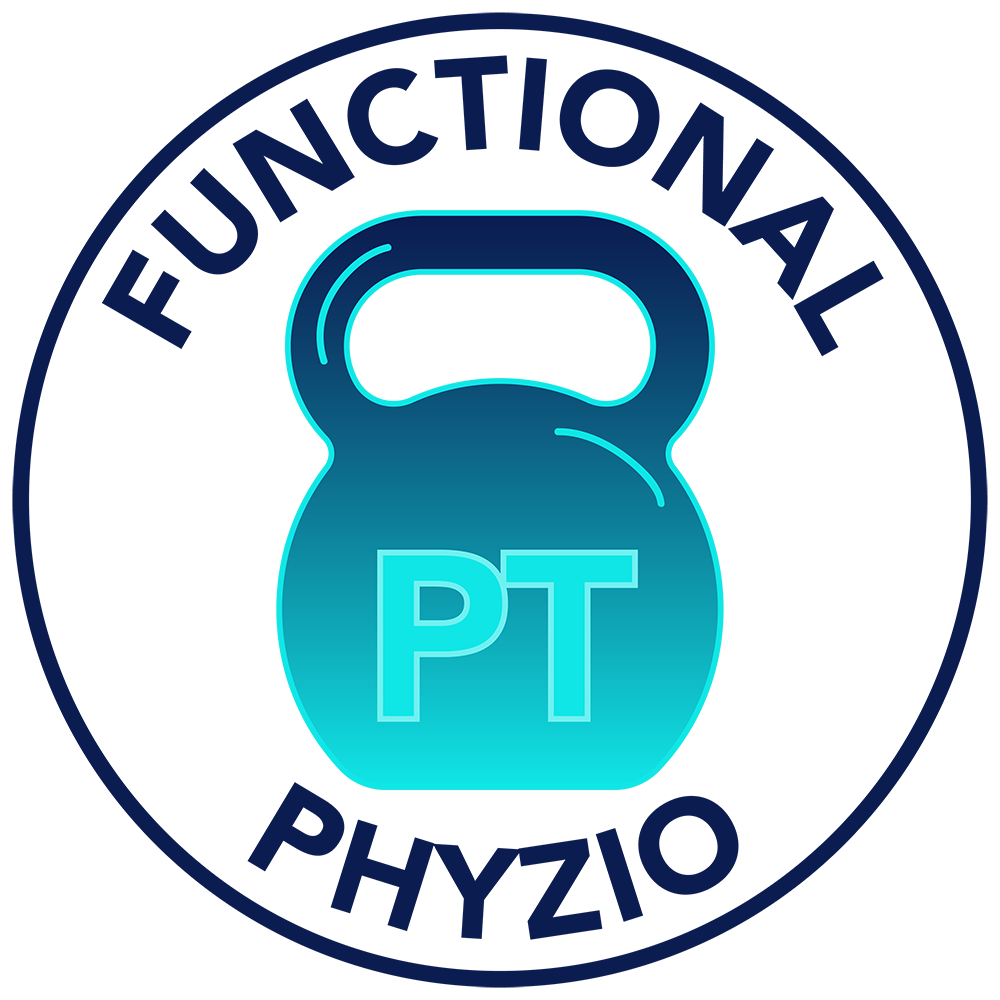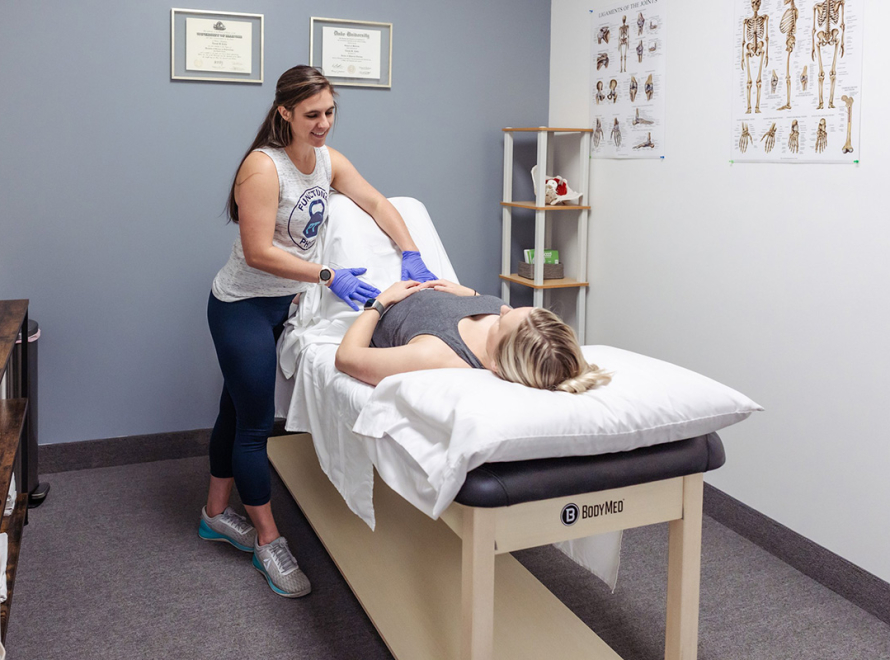If you’re a runner, you might think that hitting the pavement or the trails is the only training you need to improve your speed, endurance, and performance. However, adding strength training, especially with a barbell, to your routine can take your running to the next level. At Functional Phyzio, we specialize in performance-based physical therapy in Durham, and we know firsthand the transformative power of weightlifting for runners.
In this blog, we’ll dive into why learning foundational lifts like squats, deadlifts, and presses can help you build core strength, reduce your risk of injury, and improve your overall running ability. Plus, we’ll explain why working with a performance-based physical therapist is key to ensuring you lift safely and effectively.
1. Building Core Strength for Stability and Power
Every runner knows that a strong core is essential for maintaining form, especially during long distances. But did you know that barbell exercises like the squat, deadlift, and overhead press target more than just your legs? These lifts demand core stability as you move through each range of motion.
Squats engage your abdominal muscles as they work in tandem with your hips and legs to stabilize your entire body.
Deadlifts are known as one of the best full-body exercises, challenging your core to maintain a strong, neutral spine while lifting weight from the ground.
Overhead presses require balance and coordination, activating your core muscles to keep the weight steady as you press.
By focusing on these compound movements with proper technique, you’ll develop core strength that directly translates to better posture, more powerful strides, and improved endurance during runs.
2. Building Resilience to Injury
Strength training is one of the most effective ways to prevent injury, something every runner worries about at some point. When your muscles, joints, and connective tissues are stronger, they are more resilient to the repetitive stress that running places on your body.
Squats strengthen the hips, knees, and ankles, which are often vulnerable to overuse injuries in runners.
Deadlifts build up the hamstrings and lower back, areas prone to strain when runners have muscular imbalances.
Presses improve upper body strength, creating better posture, which can help reduce the likelihood of issues like lower back pain or shoulder fatigue from long runs.
With weightlifting, you’re not just making your body stronger—you’re fortifying it against the kind of injuries that can derail your training. And when you work with a performance-based physical therapist, you’ll ensure your movements are optimized to target the right muscles, reducing your injury risk even further.
3. Enhancing Running Performance
Incorporating weightlifting into your training can significantly improve your running performance. While cardio and mileage build your endurance, strength training makes you faster, more efficient, and capable of maintaining proper form even when fatigued.
Squats increase leg strength, allowing you to generate more power with each stride.
Deadlifts enhance your ability to maintain good running form and reduce energy leakage, helping you run more efficiently.
–Presses improve your arm swing, which is crucial for maintaining momentum during runs, particularly on hills or during sprints.
By lifting weights, you’re giving your body the strength it needs to handle more challenging runs and recover faster. This translates into better race times, quicker recovery between workouts, and the ability to tackle more demanding training cycles.
4. Why You Should Work with a Performance-Based Physical Therapist
Lifting weights is a game-changer for runners, but it’s critical to learn proper technique. That’s where a performance-based physical therapist comes in. At *Functional Phyzio*, our approach to physical therapy in Durham goes beyond injury treatment. We focus on helping you optimize your movement patterns, ensuring you get the most out of your strength training sessions.
Here’s why working with a physical therapist is essential:
Customized Training Plans: A performance-based physical therapist will assess your unique movement patterns, strengths, and weaknesses to create a weightlifting plan that complements your running goals.
Injury Prevention: We make sure your form is spot on, so you avoid injuries that can arise from lifting weights incorrectly.
Maximizing Efficiency :With expert guidance, you’ll learn how to lift weights in a way that supports your running performance, without wasting time on exercises that don’t benefit you.
Whether you’re training for your first 5K or you’re a seasoned marathoner, working with a performance-based physical therapist ensures that your strength training is safe, effective, and tailored to your goals.
Ready to Improve Your Running with Strength Training?
At Functional Phyzio, we’re passionate about helping runners in Durham unlock their full potential through a combination of strength training and physical therapy. Lifting weights doesn’t just build muscles—it builds resilience, improves performance, and helps you run stronger and longer.
If you’re ready to enhance your running performance, reduce your risk of injury, and build core strength through weightlifting, contact us today! We’re your trusted resource for physical therapy in Durham. Let’s work together to get you running stronger than ever before!




